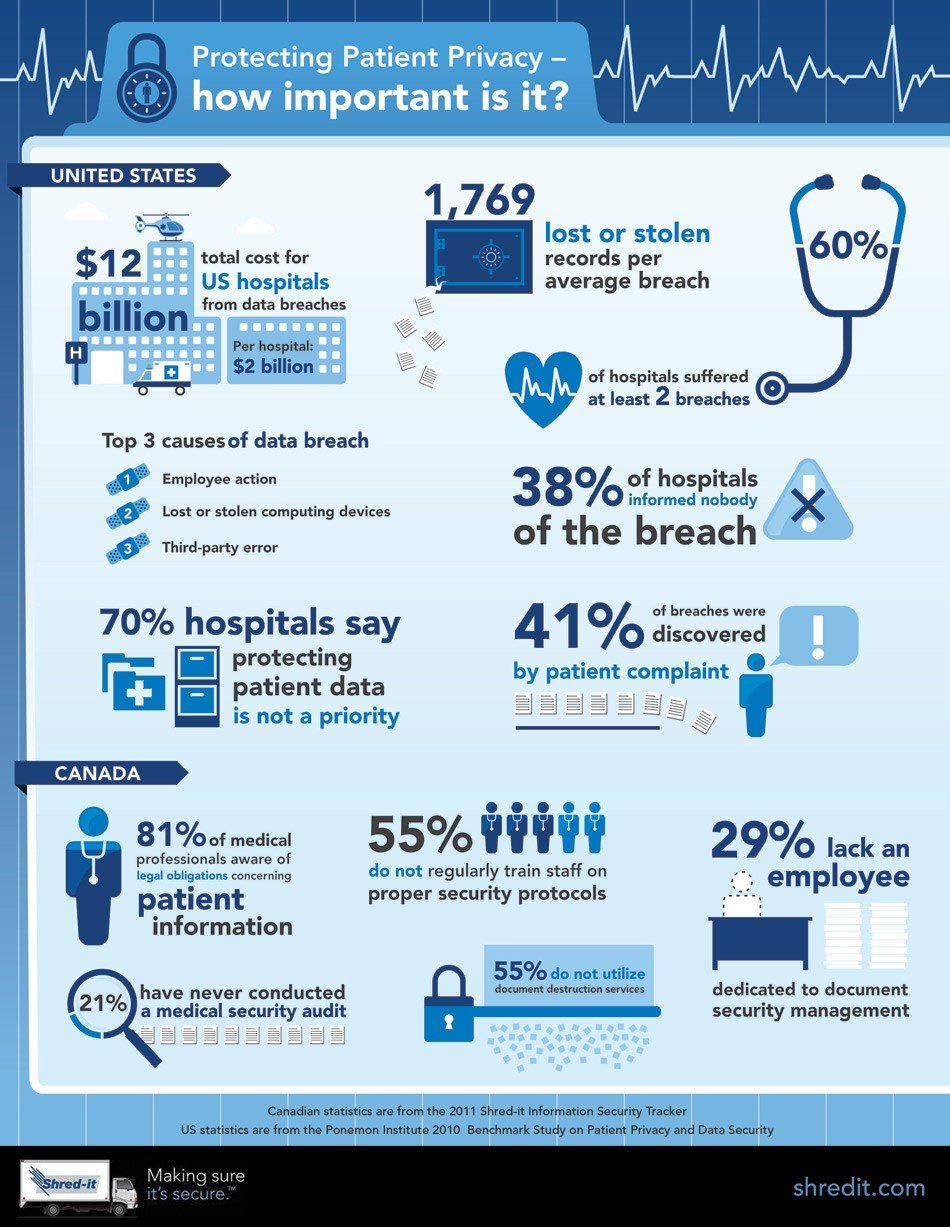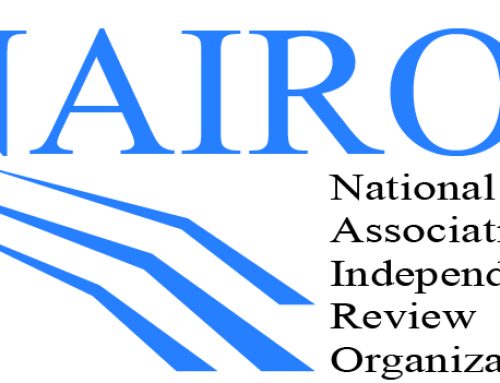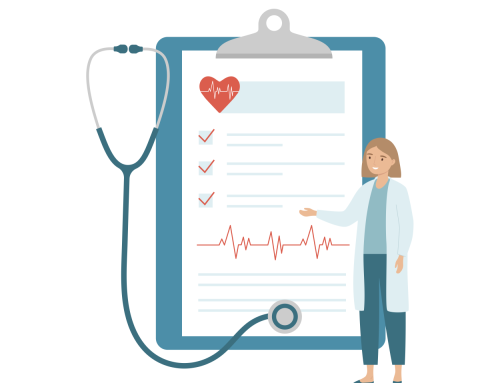HIPAA Violations can cost organizations millions of dollars in penalties if violations are found. Make sure that you are aware of the importance of HIPAA Compliance, and that your organization has a strategic plan in place to monitor, improve, and prepare for HIPAA’s new changes. Please check out this infographic on the high cost of HIPAA voilations, courtesy of Compliance and Safety.

The High Cost of HIPAA Violations
Featured By: OSHA Safety Training
It seems like there might be a typo in your question. I believe you meant “HIPAA” instead of “HIPPA.” The Health Insurance Portability and Accountability Act (HIPAA) is a crucial piece of legislation in the United States that matters significantly to healthcare organizations. Here’s why HIPAA is important:
- Patient Privacy Protection: HIPAA establishes strict guidelines to ensure the protection of patients’ sensitive health information. This includes personally identifiable information, medical records, and any other information related to an individual’s health status or healthcare services. Healthcare organizations must implement measures to safeguard this information and can face severe penalties for unauthorized disclosure.
- Data Security Standards: HIPAA mandates that healthcare organizations implement security measures to protect electronic health information. This includes safeguards for the confidentiality, integrity, and availability of patient data. Organizations are required to conduct risk assessments and implement security measures such as access controls, encryption, and audit controls.
- Electronic Transactions and Code Sets: HIPAA sets standards for electronic healthcare transactions to ensure consistency and efficiency in the exchange of health information. This helps in streamlining administrative processes and reducing paperwork.
- National Provider Identifier (NPI): HIPAA requires healthcare providers to obtain a National Provider Identifier (NPI). This unique identifier is used in healthcare transactions and helps in the accurate identification of healthcare providers.
- Portability of Health Insurance Coverage: HIPAA ensures that individuals have the ability to maintain health insurance coverage when they change jobs or lose coverage, preventing discrimination based on health status.
- Enforcement and Penalties: HIPAA violations can result in significant penalties, both civil and criminal. Healthcare organizations can face fines for failing to comply with HIPAA regulations, and individuals may face criminal charges for intentional wrongful disclosures.
- Business Associate Agreements: Healthcare organizations often work with third-party entities that have access to patient information. HIPAA requires the establishment of Business Associate Agreements (BAAs) to ensure that these third parties also adhere to the same privacy and security standards.
- Public Trust and Reputation: Compliance with HIPAA standards helps healthcare organizations build and maintain trust with patients. Knowing that their sensitive health information is protected fosters confidence in the healthcare system and the organizations providing care.
HIPAA matters to healthcare organizations because it establishes a comprehensive framework for protecting patient privacy, securing health information, and ensuring the smooth and secure exchange of healthcare data. Compliance with HIPAA is not only a legal requirement but also essential for maintaining the trust and confidence of patients and the broader healthcare community.





